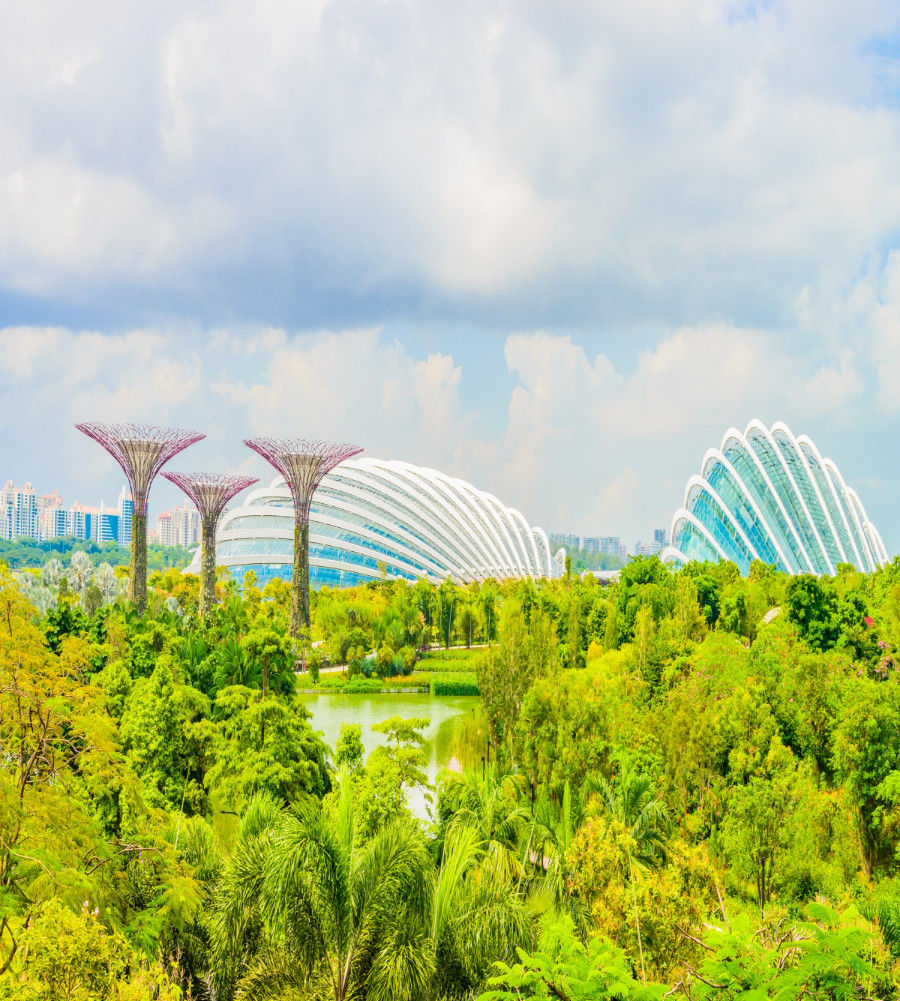ESG 2024: The Future of Sustainable Investing
Sustainability Resources for Singaporean Businesses and Individuals
Interview with a Sustainability Expert on the Biggest Challenges and Opportunities Facing Singapore
Case Study: How One Singaporean Sustainability Practitioner is Making a Difference
The Future of Sustainability in Singapore

Singapore is a small island city-state with a population of over 5.6 million people. With limited land and resources, sustainability is a critical issue for the country's long-term survival. From urban planning to green infrastructure, community engagement, and beyond, there are many ways that practitioners can help address sustainability issues in Singapore. In this article, we'll explore some of the most pressing sustainability challenges facing Singapore and discuss strategies for tackling them.
Urban Planning and Design
One of the primary sustainability challenges in Singapore is urban planning and design. As the city continues to grow, it's essential to create spaces that are not only functional but also environmentally friendly. This includes designing buildings and public spaces that maximize natural light and ventilation, reducing energy consumption, and incorporating green roofs and walls to minimize the urban heat island effect. Practitioners can help by advocating for sustainable urban planning practices, such as mixed-use developments that reduce the need for lengthy commutes and promote walkability.
Green Infrastructure
Another significant sustainability challenge in Singapore is the development of green infrastructure. Green infrastructure refers to natural systems that provide essential ecosystem services, including stormwater management, flood protection, and habitat creation. Practitioners can help by promoting the use of green roofs, rain gardens, and other green infrastructure solutions that support biodiversity and mitigate the impacts of climate change.
Community Engagement
Community engagement is another crucial aspect of sustainability in Singapore. By involving residents in sustainability efforts, practitioners can foster a sense of ownership and encourage behavioral changes that lead to positive environmental outcomes. For example, practitioners can work with community groups to establish urban farms, organize waste reduction initiatives, or promote renewable energy projects. Community engagement not only helps build more resilient communities but also creates social equity and supports economic growth.
Water Management
Water management is a critical sustainability issue in Singapore, given the country's limited water resources. Practitioners can help by promoting water conservation measures, such as installing rainwater harvesting systems and greywater reuse systems. Additionally, practitioners can work with building owners and managers to implement water-efficient technologies and appliances, reducing water consumption and supporting Singapore's water security goals.
Waste Reduction and Recycling
Singapore generates over 10,000 tons of waste daily, posing significant challenges for waste reduction and recycling. Practitioners can help by advocating for waste minimization strategies, such as reduce, reuse, and recycle programs. They can also work with businesses and households to implement waste sorting and separation practices, increasing recycling rates and reducing waste sent to landfills.

